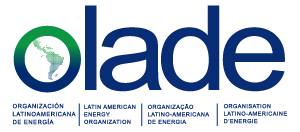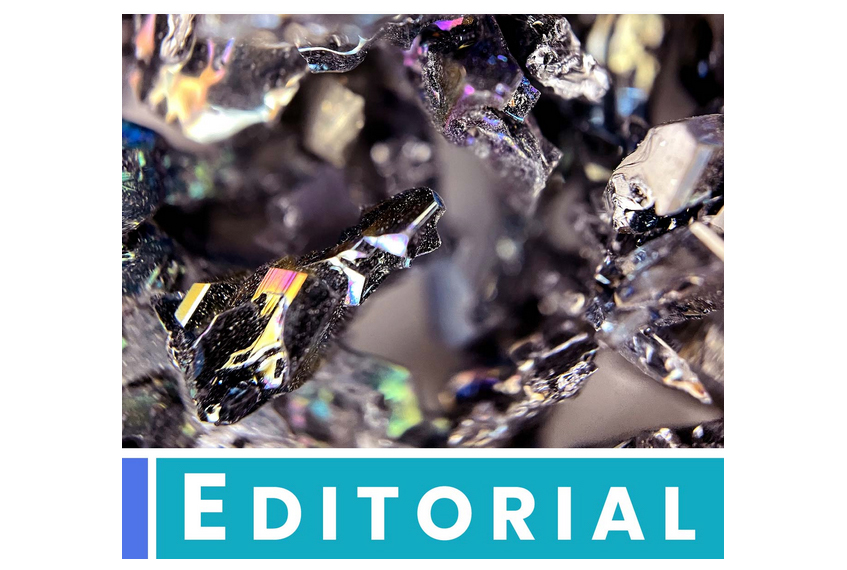Lithium: White Gold Driving the Sustainable Future of Latin America and the Caribbean – A Strategic Region in the Green Revolution
Lithium is a key mineral for the transition to clean energy and has placed Latin America/Caribbean at the center of the global stage. The lithium brine reserves in Argentina, Bolivia and Chile are located in the area known as the “Lithium Triangle”, which concentrates nearly 60% of the world’s reserves of this precious resource, making it a strategic pillar for the planet’s energy future. There is also potential in countries such as Mexico and Brazil although with rock extraction (pegmatite granite minerals).
As global lithium demand continues to rise, driven by the storage and electromobility revolution, Latin America and the Caribbean are emerging as key players in this scenario. The ability to manage its abundant lithium resources will not only determine its position in the international market, but also its ability to drive sustainable and equitable development at the local level.
Some countries in the region stand out as leaders in production and transition model, such as Chile, the world’s second largest lithium producer and a key player in the global market. However, the country is undergoing a transformation in its extractive model, moving from private concentration to public-private partnerships. This change seeks not only to diversify the sources of investment and management, but also to ensure a better distribution of the benefits derived from the exploitation of lithium. The transition to this mixed model is promoting greater state participation in strategic sectors without discouraging private investment.
In the case of Argentina, lithium production has reached record levels in 2023, increasing by more than 30% over the previous year and positioning itself as the fourth producer worldwide. The country has adopted a federal extractive model, where each province has autonomy to negotiate licenses, costs and investments related to lithium production. This approach has allowed a significant growth of the mining sector, attracting investments from various private companies. Decentralization in resource management has encouraged dynamic development adapted to the particularities of each region, boosting economic growth and job creation.
Bolivia has the largest exploitable reserves of lithium in the world and there is still great potential to increase the production of this mineral. The development of the lithium extractive industry in Bolivia is proposed under a state model and this choice reflects a strategy aimed at maintaining the control and benefits of this resource within the country, seeking to ensure that the income generated by the exploitation of lithium is translated into internal social and economic development. The challenge for Bolivia lies in developing the infrastructure and technical capacity necessary to sustain competitive production in the global market.
While the region has significant potential, it also faces significant challenges. These include the need to develop adequate infrastructure, strengthen regulatory frameworks, promote investment, research and technological development, and ensure sustainable practices that respect the environment and local communities.
Andrés Rebolledo Smitmans
Olade’s Executive Secretary


